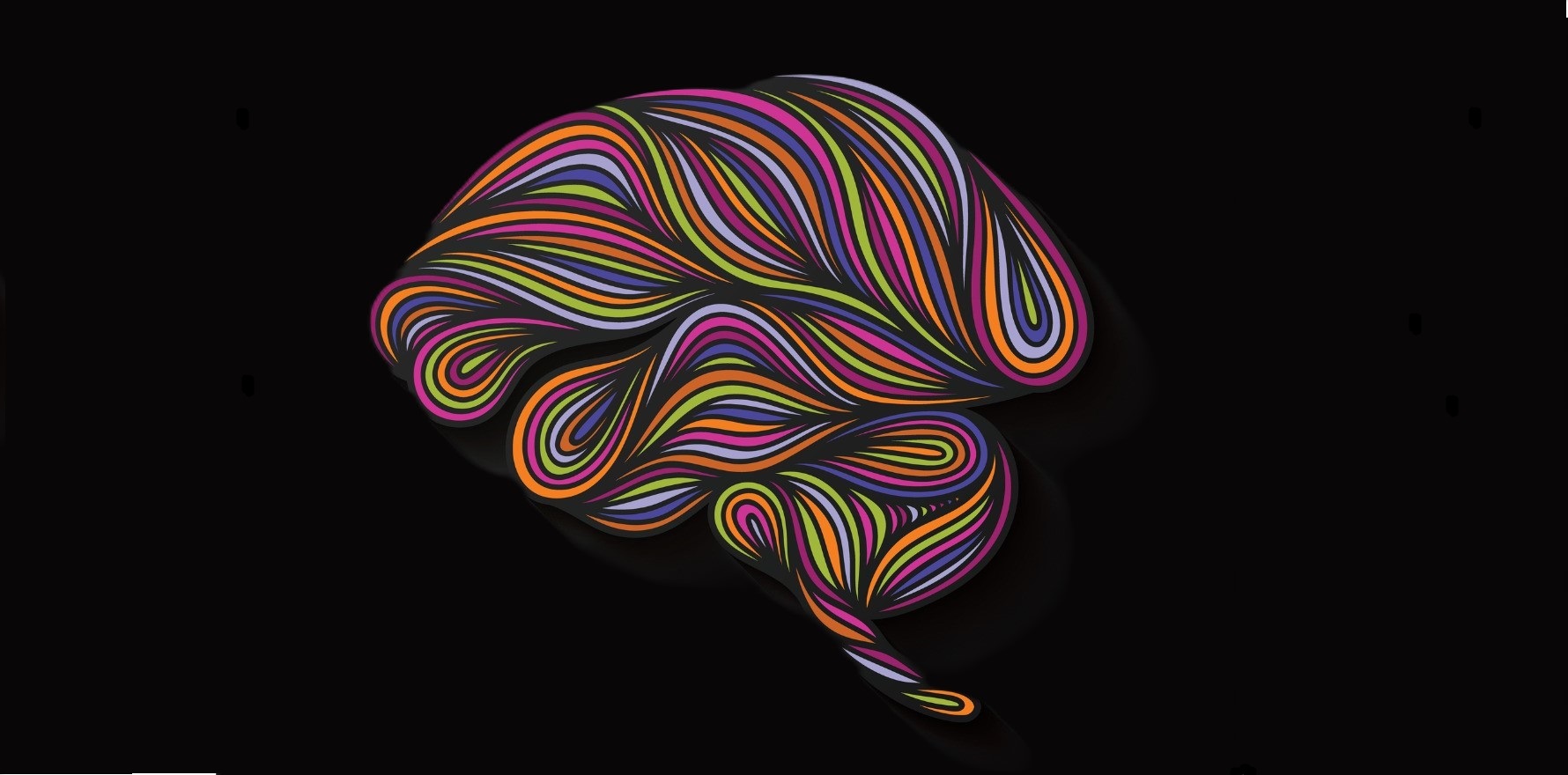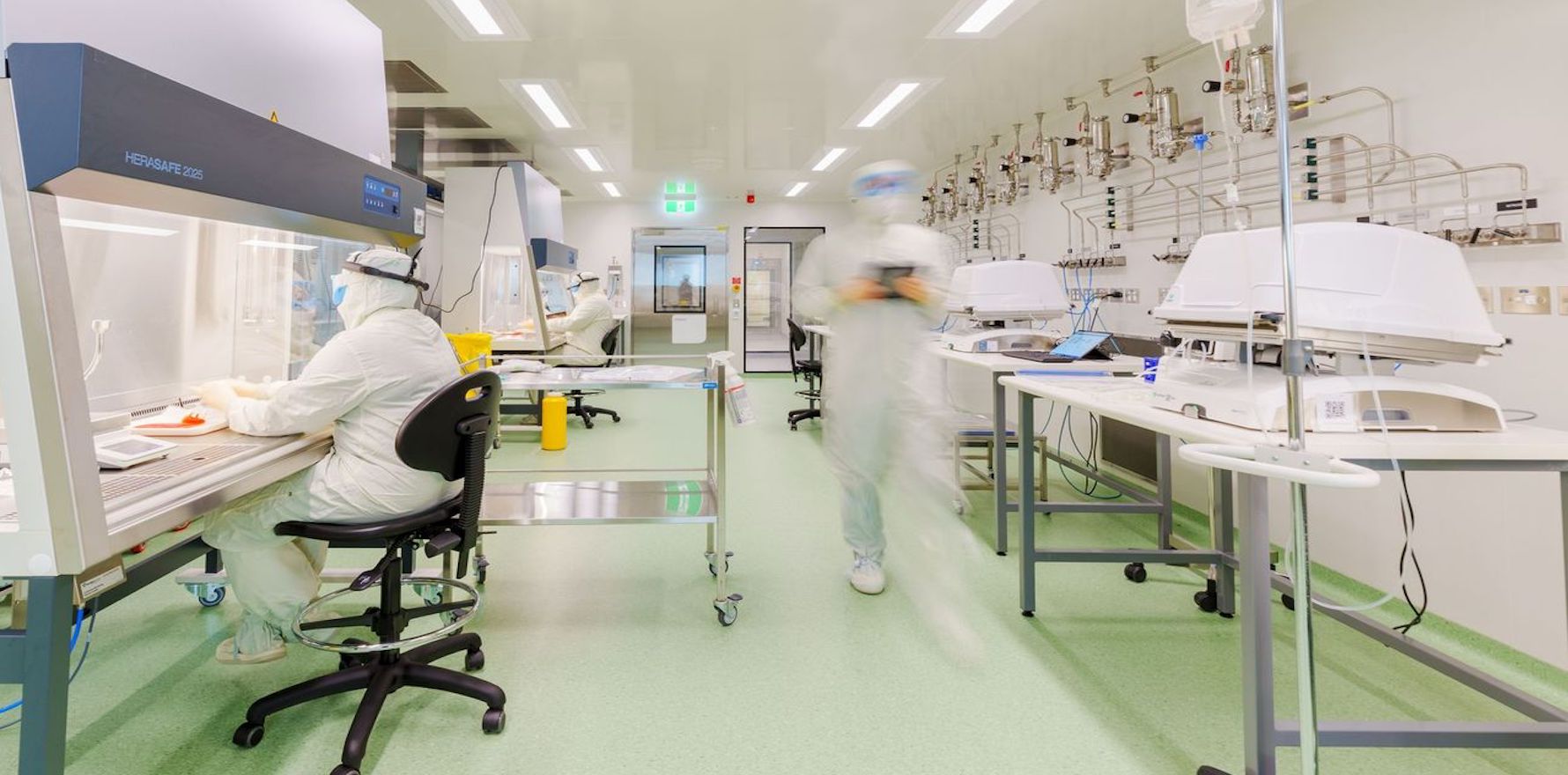A new melanoma treatment and research centre in Melbourne and Car T-Cell therapy centre in Townsville have opened their doors.
The first regional CAR T Treatment Centre in Australia has opened at Townsville University Hospital.
Chimeric antigen receptor T cell treatment can be life-changing for people with some types of blood cancer who haven’t responded to other therapies.
Four Car T-Cell products are approved for use in Australia: brexucabtagene autoleucel (Tecartus, Gilead Sciences) for relapsed or refractory mantle cell lymphoma (MCL) and for B-cell acute lymphoblastic leukaemia (B-ALL); axicabtagene ciloleucel (Yescarta, Gilead Sciences) for relapsed or refractory large B-cell lymphoma (LBCL), follicular lymphoma (FL), and diffuse large B-cell lymphoma (DLBCL) not otherwise specified, primary mediastinal large B-cell lymphoma, high grade B-cell lymphoma, and DLBCL arising from follicular lymphoma; ciltacabtagene autoleucel (Carvykti, Janssen-Cilag), for relapsed or refractory multiple myeloma; and tisagenlecleucel (Kymriah, Novartis Pharmaceuticals Australia) for adults with relapsed or refractory diffuse large B-cell lymphoma (DLBCL) and for children and adults up to 25 years of age with B-cell precursor acute lymphoblastic leukaemia (ALL).
Car T cell therapy also shows promise in treatment of solid tumours.
The process is long, complex and requires specialist facilities. The only other treatment centres are in Brisbane, Melbourne, Perth and Sydney. The CAR T-cell registry data shows one in five patients had to access care outside their home state or territory, but one in four people living with lymphoma in rural areas find that distance too far to travel, according to Lymphoma Australia.
Travel for these patients is “suboptimal and risky”, haematologist Dr Pratyush Giri told the ABC.
Dr Giri practices in South Australia, which, along with Tasmania, Northern Territory and the ACT, does not currently have any CAR T cell therapy centres.
For the first time in Australia, revolutionary cancer therapy will be available in a regional city.
— Shannon Fentiman (@ShannonFentiman) July 11, 2024
Townsville will be home to what is known as CAR T-cell therapy – a groundbreaking new treatment for blood cancers like leukemia and lymphoma. pic.twitter.com/CPGs8CWYXu
“This is a great first step towards more equitable access to CAR T for Australians living away from existing Treatment Centres. Where you live should not limit your ability to access cancer treatment, and we’d love to see other states and territories able to offer CAR T treatment to eligible patients as soon as possible to reduce the significant burden caused by travel and temporary relocation,” said Sharon Millman, CEO of Lymphoma Australia.
Related
Melanoma and other cancers
The Paula Fox Melanoma and Cancer Centre in Melbourne opened last month.
The $152 million centre, next to The Alfred Hospital on St Kilda Rd, was funded by the Victorian government, the Commonwealth government, the Fox family, the Minderoo Foundation, Monash University, and donors and supporters.
It houses the Minderoo Wellness Centre, a space for respite and support, and Education space on the ground floor of the building.
Above that are a treatment hub with an apheresis suite, bone marrow biopsy procedure rooms, chemotherapy, day therapy treatment, the Symptom Urgent Review Clinic (SURC) and clinical trials treatment.
Happy to be a lab guide in the Paula Fox Melanoma and Cancer Center today. The building is just open to the public this week. One of most interesting items that people asked is the emergency shower in the lab! Looking forward to moving into the new building soon! @SCSMonash pic.twitter.com/hUkJN712IL
— Le (Christy) Ying (@ChristyYing2) April 21, 2024
There are also outpatient consultation and procedure rooms, VECTRA 3D skin imaging and a pathology collection centre. And, of course, there are research laboratories – the Monash University Labs, CAR-T Lab, Cellular therapy lab, Clinical Trial lab, and Pharmacy GMO lab.
The new centre is integrated with the Victorian Melanoma Service, Alfred Cancer Services, and the Australian Clinical Trials Centre.
The centre’s Quadra Positron Emission Tomography/Computed Tomography (PET/CT) Molecular Imaging scanner, which conducts simultaneous whole-body scanning, is scheduled to be operational by June 2025.
By the time the centre is fully functional next year, it will treat 300 patients every day, in 25 clinic rooms and with 49 chemotherapy chairs.





